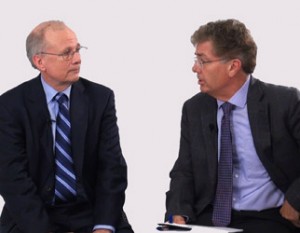
The Financial Post ran an op-ed written by me today (A10), titled simply How to Max Out your TFSA. We’ve written on this topic before of course, but it specifically addresses an oft-repeated Liberal comment that few middle-class Canadians have “$10,000 lying around” for a TFSA contribution.
On the contrary, I argue, many middle-aged middle-class Canadians have hundreds of thousands of dollars in non-registered or “open” investment accounts, money that is subjected to annual rounds of tax on interest and dividends, and often capital gains, and which would love to find a tax-free home in a Tax Free Savings Account.
Similarly, many seniors already in retirement have large RRSPs or RRIFs that can also be a source of funds for a TFSA, once withdrawals are made and a one-time tax hit is sustained.
In fact, this weekend, I spent time with a 98 year old friend (a woman), who proudly informed me she recently put $10,000 into her TFSA and is saving up from her part-time job to put in another $5,000. Why? She felt she needed a bit of cushion in case some medical problem arises.
As the end of the FP piece notes, there are plenty of other potential sources too, including sale of a principal residence (perhaps in a downsizing situation), severance payments, life insurance proceeds, sale of a business, lottery wins and — this one’s for you, Justin — inheritance.
Gordon Pape on TFSA income investments
In a related column in the Globe & Mail last week, TFSA author Gordon Pape wrote an interesting piece about how TFSAs are now large enough that they can start spinning off tax-free income. His piece looked at ten Canadian dividend-paying stocks like BCE.
Gordon and I will be two of five speakers this Wednesday evening at The Financial Show at the Mississauga Convention Center. Details here.
For continuity and archival purposes, below is the op-ed on TFSAs, with a few subheads added: Continue Reading…





